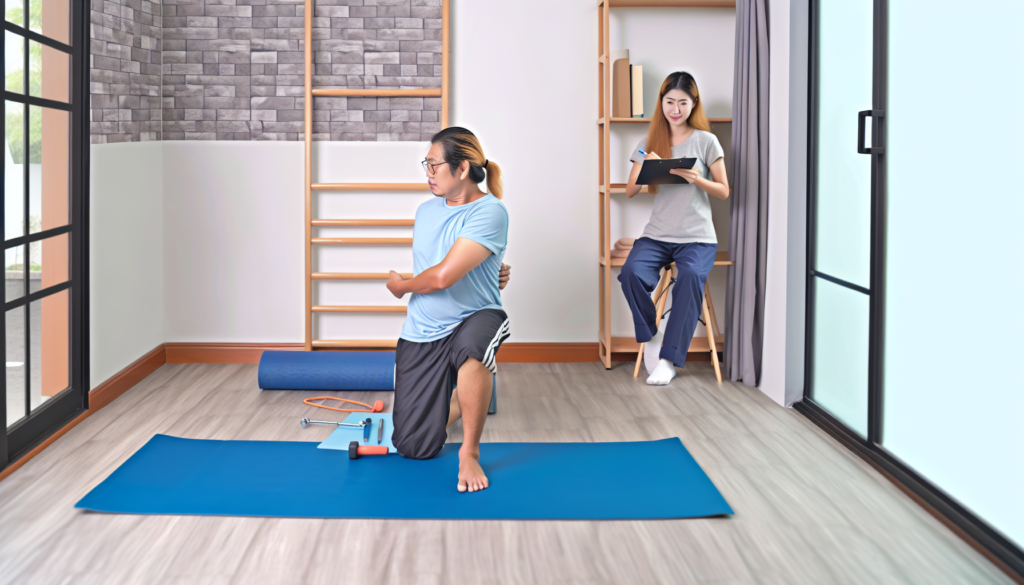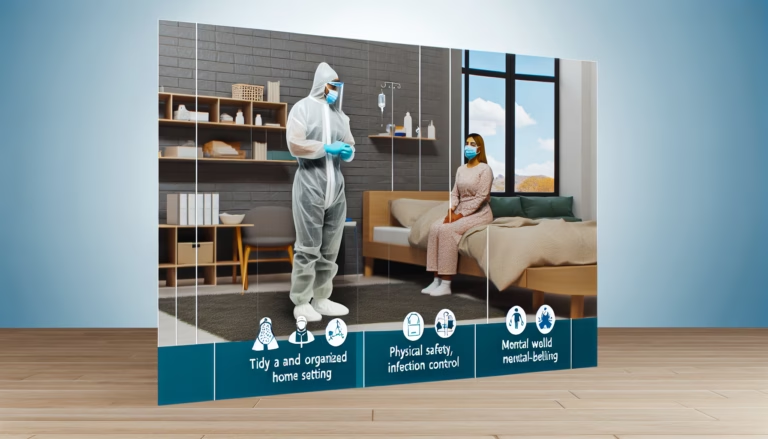A Guide To Home Rehabilitation: Enhancing Recovery With Home Health Care
Rehabilitation is an integral part of many patients’ recovery journeys. Whether you are recovering from an injury, surgery, or managing a long-term illness, rehabilitation can significantly enhance your recovery speed and quality of life. Traditionally, rehabilitation services were sought in separate facilities, hospitals, or clinics, but with the advances in home health care services, effective rehabilitation can now be accomplished at your very own home. With the right knowledge, support, and resources, home rehabilitation can deliver positive outcomes on par with center-based rehabilitation – and in some cases, even better.
The Benefits of Home Rehabilitation
Undergoing rehabilitation at home presents numerous benefits. Primarily, it allows patients to recover in a familiar, comfortable setting, which can significantly impact mental and emotional health – key elements in the recovery process. It also provides greater flexibility, allowing treatment schedules to be tailored to the patient’s unique needs, and minimizes the risk of hospital-associated infections.
Setting Up a Home Rehabilitation Program
Starting a home rehabilitation program requires careful planning and execution. Start by consulting with healthcare professionals who can provide guidance on what the program should entail based on your health condition. Typically, this includes diet, exercises, medications, and regular check-ups. It is also essential to set up a supportive and conducive home environment. This may involve rearranging furniture for easy mobility or investing in rehabilitation equipment and assistive devices.
The Role of Home Health Care Services
Home health care services play a pivotal role in home rehabilitation. They offer a range of services including physiotherapy, occupational therapy, speech therapy, and nursing care. In addition to treating and managing symptoms, their goal is to teach patients strategies to manage their health independently. They provide education on exercises, diet, medications, and how to use any required assistive devices.
Staying Motivated
Maintaining consistent motivation can be challenging. Incorporating various strategies such as setting achievable goals, celebrating milestones however small, and seeking support from family and friends can be a great help. Joining a community of individuals undergoing similar journeys can also be beneficial.
Conclusion
Home rehabilitation is a promising avenue that offers the possibility of effective recovery in the warmth and comfort of your own home. By consulting healthcare professionals and leveraging home healthcare services, you can maximize your recovery potential.
Remember, rehabilitation is a journey and the road may be challenging, but with the right tools and support, better health is just around the corner.



